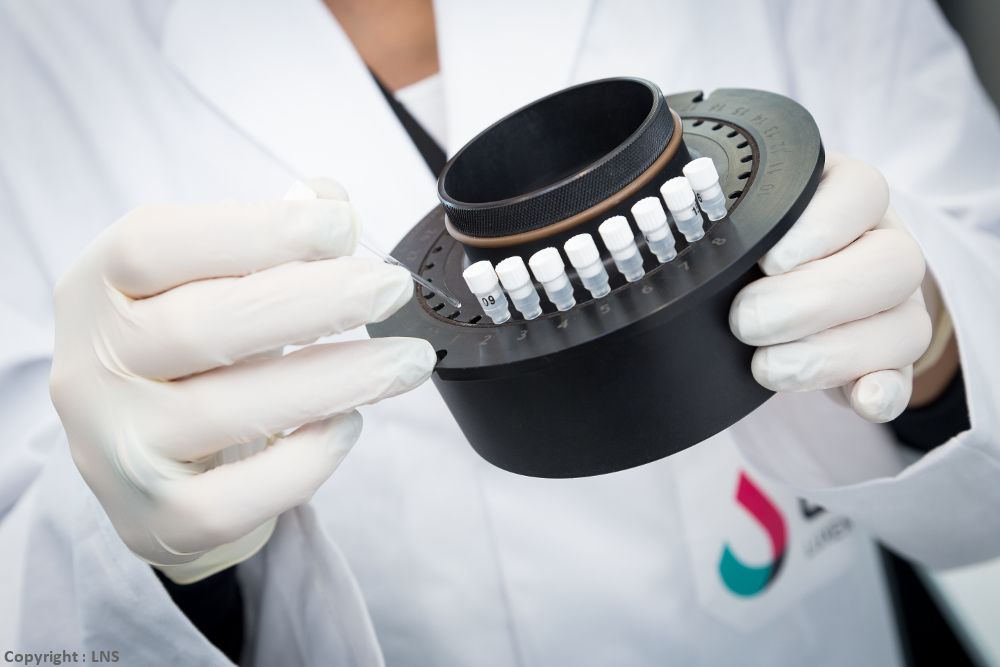Biedermann J, Preussler M, Conde M, Peitzsch M, Richter S, Wiedemuth R, Abou-El-Ardat K, Krüger A, Meinhardt M, Schackert G, Leenders WP, Herold-Mende C, Niclou SP, Bjerkvig R, Eisenhofer G, Temme A, Seifert M, Kunz-Schughart LA, Schröck E, Klink B
Abstract
IDH1R132H (isocitrate dehydrogenase 1) mutations play a key role in the development of low-grade gliomas. IDH1wt converts isocitrate to α-ketoglutarate while reducing nicotinamide adenine dinucleotide phosphate (NADP+), whereas IDH1R132H uses α-ketoglutarate and NADPH to generate the oncometabolite 2-hydroxyglutarate (2-HG). While the effects of 2-HG have been the subject of intense research, the 2-HG independent effects of IDH1R132H are still ambiguous. The present study demonstrates that IDH1R132H expression but not 2-HG alone leads to significantly decreased tricarboxylic acid (TCA) cycle metabolites, reduced proliferation, and enhanced sensitivity to irradiation in both glioblastoma cells and astrocytes in vitro. Glioblastoma cells, but not astrocytes, showed decreased NADPH and NAD+ levels upon IDH1R132H transduction. However, in astrocytes IDH1R132H led to elevated expression of the NAD-synthesizing enzyme nicotinamide phosphoribosyltransferase (NAMPT). These effects were not 2-HG mediated. This suggests that IDH1R132H cells utilize NAD+ to restore NADP pools, which only astrocytes could compensate via induction of NAMPT. We found that the expression of NAMPT is lower in patient-derived IDH1-mutant glioma cells and xenografts compared to IDH1-wildtype models. The Cancer Genome Atlas (TCGA) data analysis confirmed lower NAMPT expression in IDH1-mutant versus IDH1-wildtype gliomas. We show that the IDH1 mutation directly affects the energy homeostasis and redox state in a cell-type dependent manner. Targeting the impairments in metabolism and redox state might open up new avenues for treating IDH1-mutant gliomas.
Cancers

